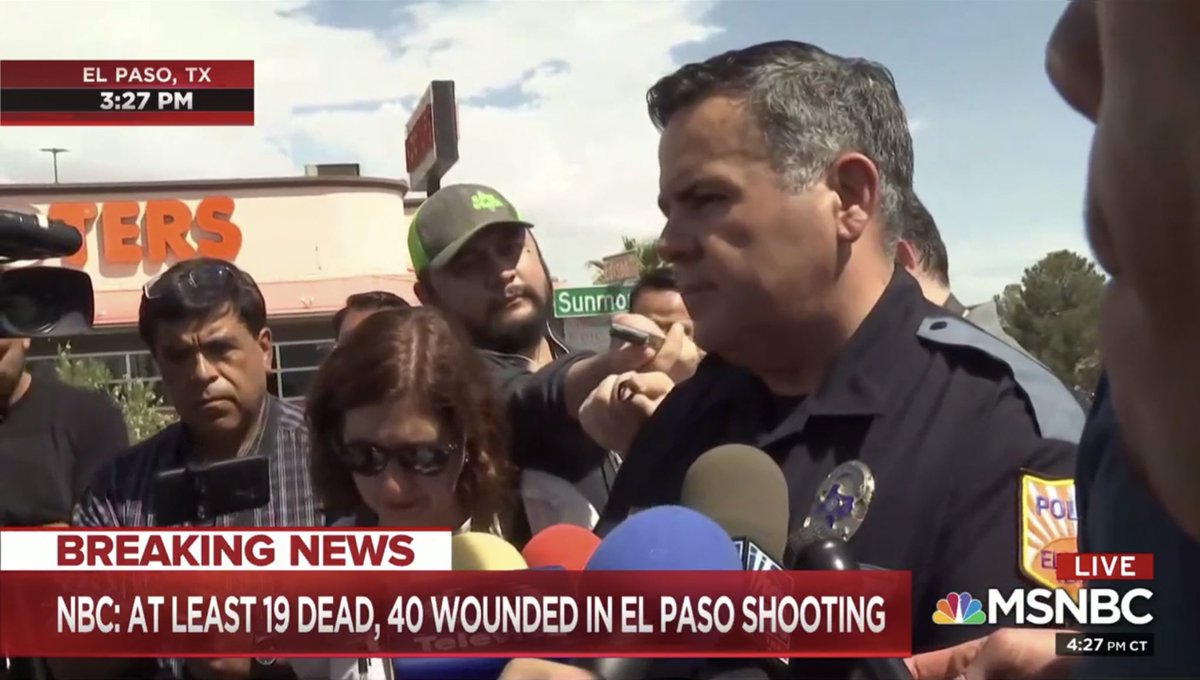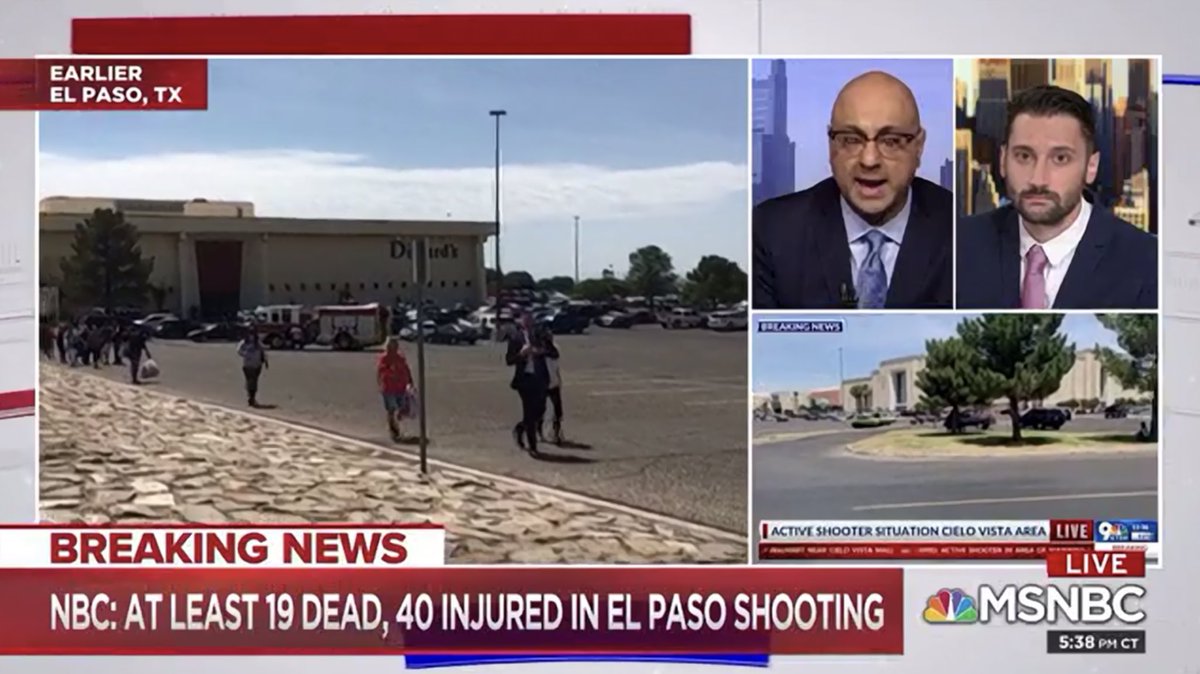It’s been 2 weeks since the horrendous shooting in El Paso, the murder of 22 innocent individuals & wounding of 24 others. 2 weeks, #ElPasoShooting is no longer trending, most news outlets have dropped the story, the process of forgetting has begun.
There is no better recent source for understanding how anti-Mexican racism leads to violence and death than @MonicaMnzMtz The Injustice Never Leaves You. Focuses primarily on turn of the century lynchings and massacres in the Texas Borderlands.
David Correia’s excellent work, esp Properties of Violence, explores anti-Mexican racism and resistance in New Mexico.
See also, David Gutiérrez, Walls and Mirrors; Mark A. Weitz, The Sleepy Lagoon Murder Case.
Arnoldo De León’s They Called Them Greasers is a now classic text and foundational text on the racist viewpoints that white Texans had about Mexican people. See also his Mexican Americans in Texas.
Laura E. Gómez’s Manifest Destinies examines anti-Mexican racism, violence, and state building in New Mexico.
Natalia Molina’s work intersects with books on anti-Mexican racism & legal history. See How Race Is Made in America and Relational Formations of Race.
One of the best recent works on El Paso and it’s Mexican American population is @mperaleshtx Smeltertown. If you want to understand El Paso from a Mexican American perspective read Smeltertown.
Anthony Quiroz’s book on Victoria, TX, Claiming Citizenship is an easily accessible text on Mexican American life in S. Texas.
Also on LA and another crucial work is that of William Deverell and his fine book Whitewashed Adobe.
Ian F. Haney López’s White By Law and Ariela Gross’s What Blood Won’t Tell both explores aspects of Mexican American racial constructions in the court system.
Julian Lim’s excellent work in Porous Borders takes us on a tour of not only legal history but the broad contours of border life.
@klytlehernandez has also done foundational work on legal history and the border region, esp Migra! and City of Inmates.
Works on the lynching of Mexican people are crucial to understanding the violence in El Paso. In fact, the #ElPasoShooting is in some ways akin to a lynching of many committed by one, as opposed to the usual lynching scenario of a group killing an individual.
Carrigan also published The Making of a Lynching Culture on lynching in Central Texas.
See also, Ken Gonzales-Day, Lynching in the West.
Police violence directed at Mexican people is an important subject. Because their work looks not just at anti-Mexican violence but also violence from police agents like the Texas Rangers, again see the work of @MonicaMnzMtz & @BenjaminHJohns1.
And Edward Escobar, Race, Police, and the Making of a Political Identity explores the history of Mexican American interactions with the LAPD.
There are many sources on Mexican American civil rights activism. I am limiting this section mainly to books that examine explore how Mexican Americans challenged racist violence in the Southwest.




